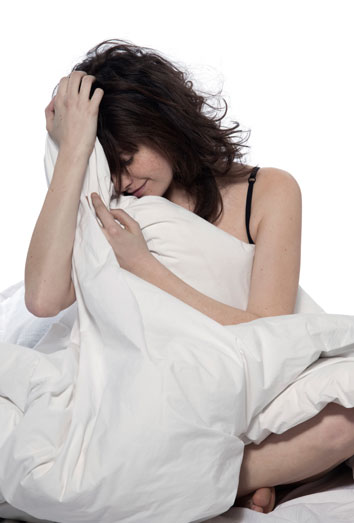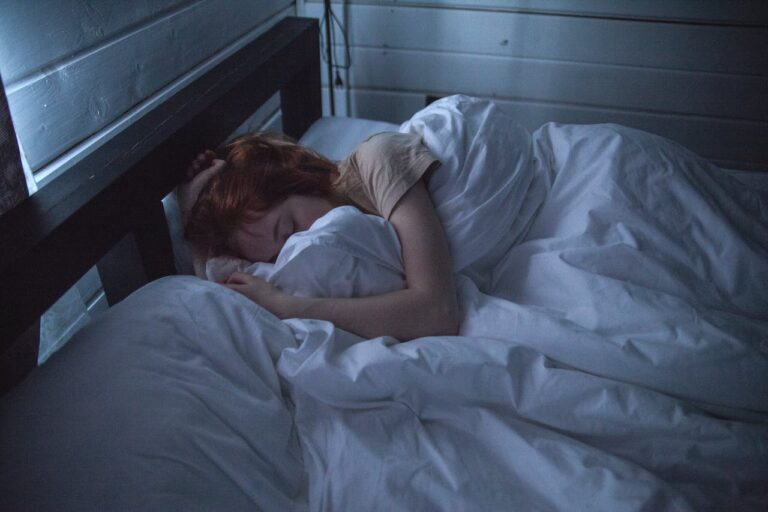Sleep problems can have different causes. Some are as simple as having inadequate sleep hygiene and are easy to remedy. However, other times insomnia appears as a consequence of a disease or the drug treatment we take. Because in the same way that there are pills to sleep, there are also pills to not sleep.

Medications that can cause insomnia
Your insomnia may be caused by a medication you are taking. From a simple cold, to a heart problem, through hypertension or cholesterol, some pharmacological treatments can cause insomnia. If the pills you take do not let you sleep, you need to let your doctor know so that he can find an alternative to treatment.
- Antidepressants. If you are suffering from depression, you may also have insomnia from the medications you are taking. Some antidepressants, which mainly affect serotonin, can impair the quality of sleep. Its negative effects are not observed at the time of falling asleep, but in the form of agitation and tremors that can wake you up in the middle of the night.
- Corticosteroids. They are medicines to treat various ailments, including rheumatic, lupus, gout and also some allergies. These types of drugs can affect sleep because they prevent relaxation and, therefore, sleep. In addition, they can cause unpleasant dreams or nightmares that affect the quality of sleep.
- Hypertension. Some drugs to treat high blood pressure have leg cramps as side effects, which can lead to restless sleep. In addition, these are drugs that cause great daytime sleepiness and that inhibit the secretion of melatonin, whose function is to regulate the sleep cycle.
- Heart diseases. Among the wide variety of cardiovascular diseases and their treatments, we find some drugs that impair the quality of sleep due to certain side effects, such as diarrhea or bone and muscle pain.
- Antihistamines. Some common household medications such as antihistamines can interfere with sleep because their components affect acetylcholine, the neurotransmitter responsible for alertness, memory, and cognition. In addition to insomnia, antihistamines can also cause anxiety.
- Cholesterol. Drugs to regulate cholesterol are also very common. Among its side effects is severe muscle pain, something that leads many people to stay up all night. These cholesterol drugs can also cause restless sleep.






